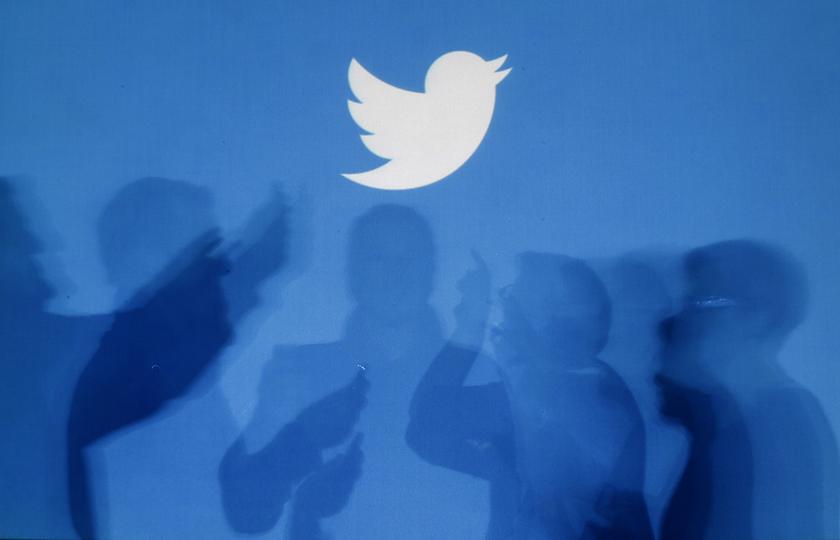NEW YORK, March 1 ― Major happenings such as elections, storms and sporting events generally result in plenty of action on social networks like Twitter and Facebook. Now a new study from MIT’s Senseable City Lab has found such messages become shorter when the volume of activity increases during these big events.
“This helps us better understand what is going on—the way we respond to things becomes faster and more impulsive,” says Carlo Ratti, director of the Senseable City Lab and an associate professor of the practice in MIT’s Department of Urban Studies and Planning.
Researchers looked at data from several social-media sources at a variety of moments, including Twitter data from April 2012, when golfer Bubba Watson won the Masters tournament in a dramatic playoff against Louis Oosthuizen, prompting a flurry of shorter tweets.
They noted Twitter messages are longer during times of lower activity—between 70 and 120 characters—while increased traffic due to major events resulted in tweets averaging 25 characters. Twitter messages are limited to 140 characters total.
To see if this decrease went beyond Twitter, they looked at social media activity on US election night in November 2012 and during a major snowstorm in February 2013.
“Basically we found this effect every time there was an event going on. And when there was no event, we did not find this effect,” said Michael Szell, a researcher at the Senseable City Lab.
Ratti believes further message length studies might be useful in social media platform design and could indicate which behavioral mechanisms cause people to send short messages.
“You get this kind of herd effect,” Ratti says.
Findings, entitled “Contraction of Online Response to Major Events,” were published Thursday in the journal PLoS ONE. ― AFP-Relaxnews






















